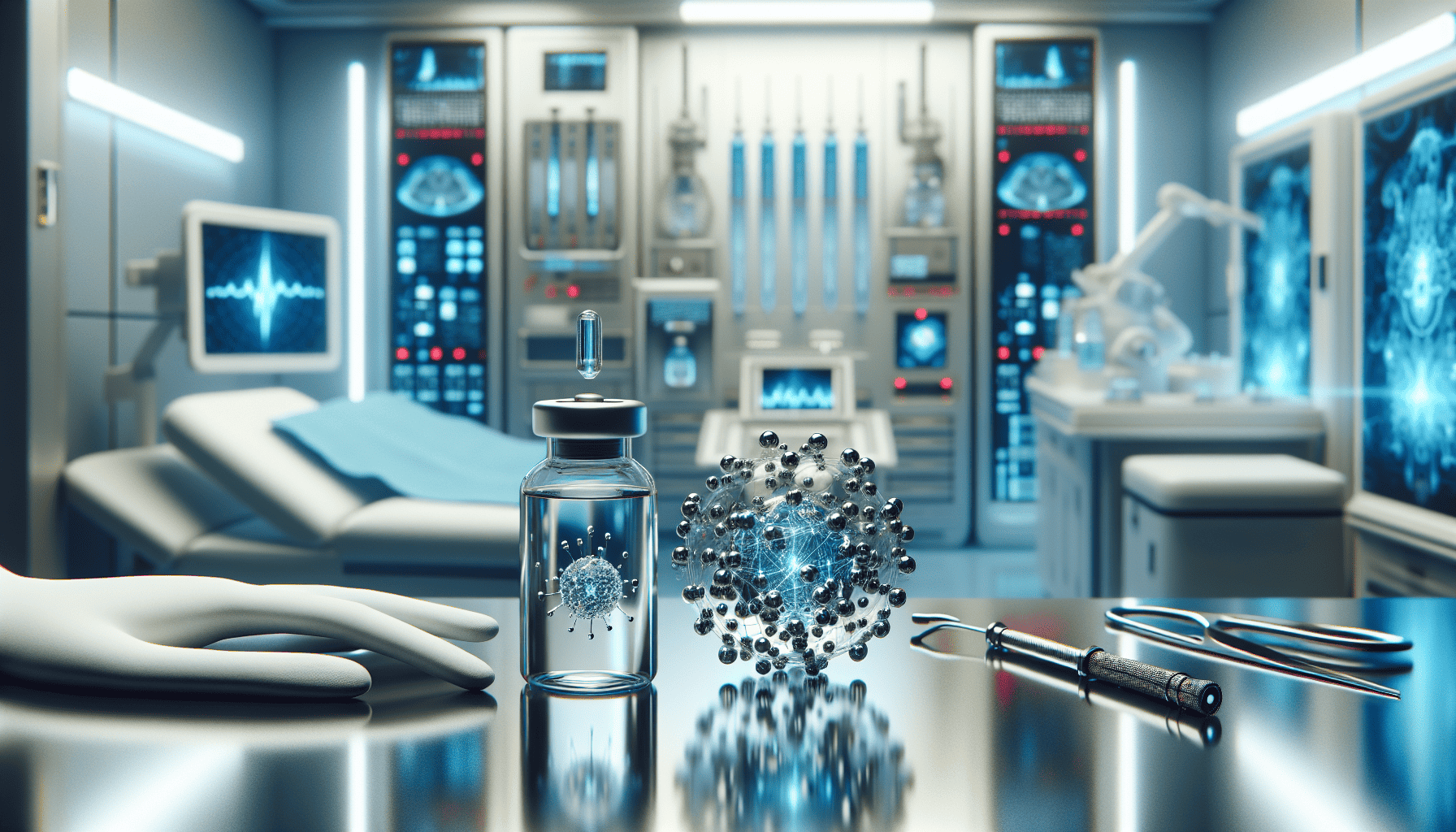In recent years, the fusion of nanotechnology and healthcare has emerged as a formidable force, promising transformative changes in the way diseases are diagnosed and treated. As scientists delve deeper into the mysteries of the nanoscale—where materials measure a mere billionth of a meter—novel approaches to medical challenges are being realized.
One of the most exciting applications of nanotechnology in healthcare is in the area of drug delivery. Traditional drug delivery systems often face significant challenges, such as insolubility of drugs, inadequate concentration reaching the treatment site, and harmful side effects due to systemic distribution. Nanotechnology offers a solution by enabling targeted drug delivery, which involves engineering nanoparticles to deliver drugs directly to diseased cells, minimizing exposure to healthy tissue and thereby reducing side effects. This is particularly groundbreaking for cancer treatment, where chemotherapy agents typically attack healthy cells alongside cancerous ones. Nanoparticles can be designed to recognize and bind to specific cancer cells, releasing the therapeutic agents directly where they are needed most, enhancing the efficacy of treatment and improving patient outcomes.
Furthermore, nanotechnology assists in overcoming the biological barriers that often hinder drug penetration, such as the blood-brain barrier. Nanoparticles can be engineered to pass through this barrier, allowing for the treatment of neurological disorders like Alzheimer's and Parkinson's diseases, which have traditionally been difficult to address due to this impediment.
Beyond drug delivery, nanotechnology is revolutionizing the field of diagnostics. Nanoscale devices and sensors are being developed to detect diseases at much earlier stages than what current technology allows. For instance, nanosensors can be employed in the early detection of cancer by identifying biomarkers that signify the early stages of tumor development. These sensors are often capable of analyzing a single drop of blood or other bodily fluids to provide immediate, precise diagnostic information, which is a massive leap from conventional diagnostic tools.
Moreover, advances in nanotechnology have led to the concept of "lab-on-a-chip" systems, where a series of traditional laboratory processes are miniaturized into a tiny device. This approach not only speeds up the diagnostic process but also makes it more cost-effective and accessible, potentially transforming healthcare delivery, especially in remote or underserved areas.
Nanotechnology is also paving the way for personalized medicine. By designing nanoparticles with specific characteristics, treatments can be customized to fit the unique genetic makeup of each patient, optimizing therapeutic effectiveness and reducing the likelihood of adverse reactions. This approach is set to redefine the paradigms of patient care, offering therapies that are not only more effective but also tailored to the individual's needs.
Despite these promising advancements, challenges remain. Concerns about the long-term safety and environmental impact of nanoparticles persist, necessitating rigorous testing and regulation. Nonetheless, the potential benefits far outweigh the risks, and ongoing research continues to address these issues.
In conclusion, nanotechnology stands at the frontier of a healthcare revolution, offering innovative solutions to age-old medical problems. By enhancing drug delivery systems, improving diagnostic speed and accuracy, and paving the path for personalized medicine, nanotechnology is setting the stage for a future where healthcare is more precise, effective, and accessible. As research progresses, the integration of nanotech in healthcare holds the promise of not only saving lives but also vastly enhancing the quality of those lives.
